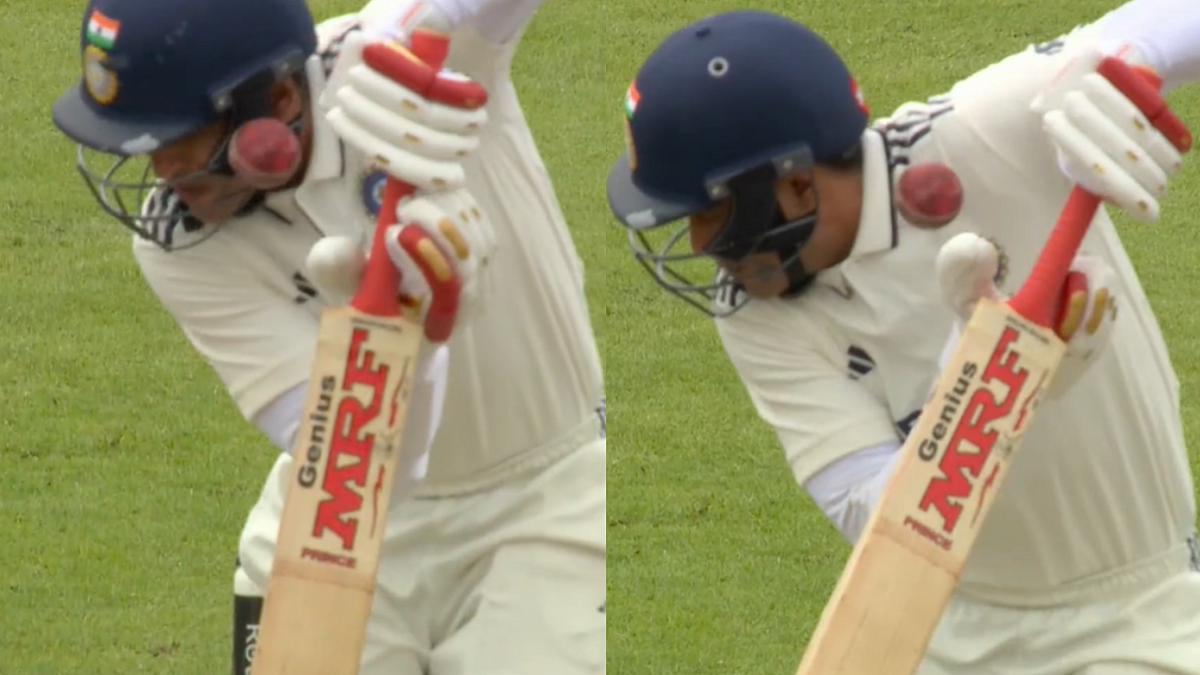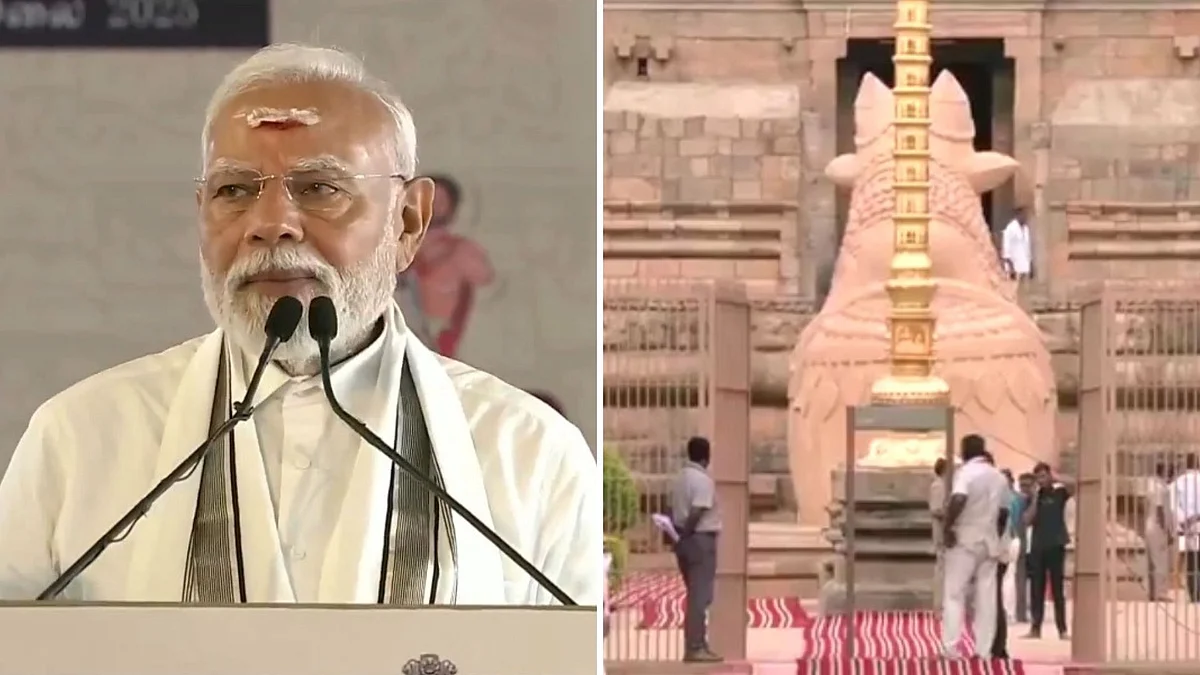Chennai: Transfer of employees cannot be carried out in a mechanical or burdensome manner, the Madras High Court has observed. “There must be a balance between administrative requirements and the personal safety, family responsibilities and well -being of the employee,” Justice C V Karthikeyan said in a case challenging the Union Bank of India’s staff transfer policy.
According to the judge, transferring staff, particularly women, from one State to another disregarding the well-being of their children / themselves suffering from life threatening medical conditions, family responsibilities or safety concerns in the new work place “could violate Article 21 of the Constitution”, which protects human dignity.
The petition was filed by the All India Union Bank Officer Staff Association, which contended the bank’s transfer policy disproportionately affected women employees.
Representing the Government of India, its senior panel counsel Srinivasamurthy submitted that the Finance Ministry had last year instructed nationalised and public sector banks to transfer women employees to nearby places to the extent possible.
Holding that the Union Bank of India’s transfer policy – of a mandatory transfer from one zone to another after completion of nine years – affected women employees “disproportionately”, the judge wondered why the bank could not have a system where at the end of six years, they place a red signal that the order retaining the officer for a further period of three years would be the final retention.
“If the officer is put on notice at the end of the sixth year, then, some adjustments within the family could be made,” he said while batting for a counselling-based transfer policy.

“I wonder why the respondents (bank) could not put in place a system where individual officers are transferred within the zone and not necessarily out of a zone, even after they had worked for nine years in a particular place. I fail to see the rationale behind transferring an officer from one corner of the country to another, particularly given the diverse linguistic and cultural differences across States,” the judge said while disposing of the petition. The court directed the Union Bank of India to revisit its transfer policy.










